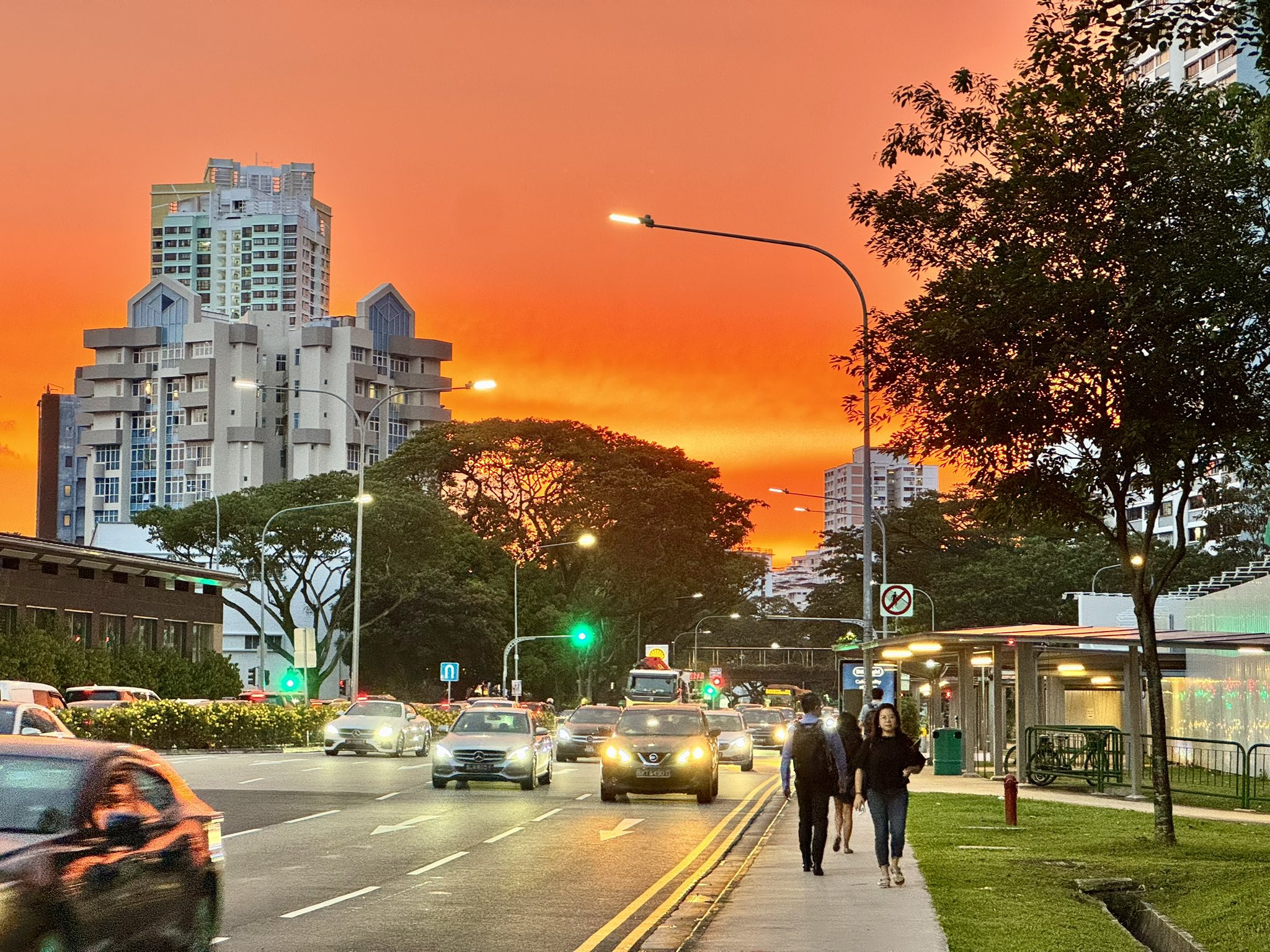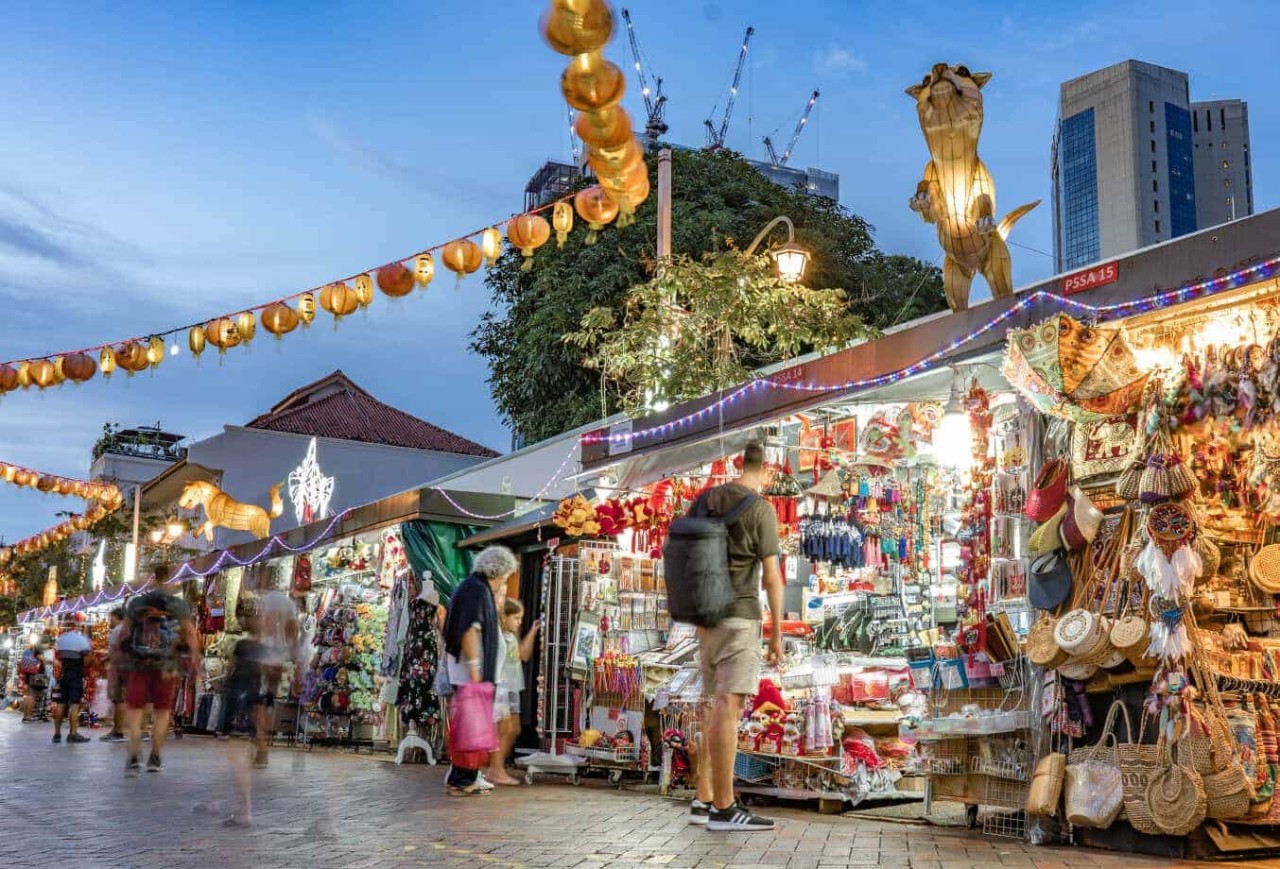
Embarking on a journey to Singapore? Prepare to immerse yourself in a vibrant city where futuristic skyscrapers coexist with rich cultural heritage. Known for its cleanliness, safety, and efficiency, Singapore promises a unique travel experience.
However, before you pack your bags and set off for this pristine paradise, it’s essential to familiarize yourself with the ten fundamental rules that will ensure a smooth and enjoyable experience.

These guidelines not only preserve the city's immaculate charm but also help you dodge hefty fines and misunderstandings, leaving you to focus on capturing those picture-perfect Instagram moments. In Singapore, they don’t just wish you a pleasant day – they guarantee one!
1. No Smoking Zone

Singapore has stringent smoking regulations that extend to nearly all public areas, including parks, shopping malls, and bus stops. Smokers must seek out designated areas clearly marked with signage before lighting up.
The government enforces substantial fines for violations, sometimes reaching upwards of $1,000 for first offenses, and with patrol officers regularly monitoring these areas, it’s crucial to be aware of where smoking is permitted.
Notably, e-cigarettes and vaping devices are entirely banned in the country, contributing to Singapore’s commitment to public health and cleanliness.
2. Chewing Gum Ban

One of Singapore’s most infamous rules is the prohibition of chewing gum. Importing or selling gum is illegal unless it is prescribed for medical purposes, such as therapeutic dental gum. This regulation was instituted to prevent vandalism and maintenance issues, particularly with the MRT train doors, which were previously damaged by gum.
Customs officials actively monitor for gum at entry points, so it’s best to leave all gum products at home to avoid complications during immigration. This unique law underscores Singapore's dedication to maintaining public cleanliness and order.
3. Spotless Streets

The city’s commitment to cleanliness is evident in its strict anti-littering laws. Even minor infractions, like discarding a cigarette butt or candy wrapper, can lead to hefty fines—first-time offenders may face penalties up to $2,000, while repeat offenders could be assigned community service. Those performing corrective work must wear bright vests publicly identifying their offense, which serves as a visible reminder of the importance of maintaining cleanliness.
With conveniently placed trash bins throughout the city, proper disposal is easy and encouraged. This dedication to cleanliness is a core value in Singaporean society, reflecting a collective responsibility for public spaces.
4. Drug Laws

Singapore is known for its zero-tolerance approach to drugs, enforcing some of the strictest anti-drug laws globally. Trafficking certain quantities of illegal substances can lead to the death penalty, while even possession of small amounts carries severe penalties, including long prison sentences. Authorities can prosecute individuals based on drug traces found in their systems, regardless of where the consumption occurred.
For travelers, it’s crucial to be aware that prescription medications should be accompanied by appropriate documentation from your doctor. Random drug tests at entry points further highlight the government’s commitment to combating drug use.
5. Queuing Culture

Orderly queuing is a hallmark of Singaporean social behavior. Whether at bus stops, hawker centres, or taxi lines, everyone adheres to the principle of waiting their turn. Queue-jumping is not only frowned upon but can provoke public disapproval or confrontation. During peak times, attendants often manage queues at popular locations, reinforcing the importance of patience and respect in public spaces. This cultural norm reflects Singapore’s broader emphasis on social order and mutual respect, making it essential for visitors to embrace this practice.
6. Public Transport Etiquette

Eating and drinking are strictly prohibited on Singapore’s Mass Rapid Transit (MRT) system, including all stations and trains. Violators face fines up to $500, as authorities utilize surveillance cameras and plain-cloaked officers to enforce this rule. To maintain the cleanliness of public transport, be sure to finish all food and drinks before entering. Additionally, it is essential to give up your seat to elderly or disabled passengers, reflecting the city’s commitment to respect and consideration for all.
7. Road Safety

Jaywalking laws are actively enforced in Singapore; pedestrians must use designated crossings at all times. Police officers issue on-the-spot tickets for violations, with fines increasing for repeat offenders. The city is equipped with pedestrian bridges, underpasses, and controlled crossings, ensuring safe passage for pedestrians.
Traffic signals often feature countdown timers to indicate the remaining crossing time, contributing to Singapore’s low pedestrian accident rate despite its bustling streets. Visitors should remain vigilant and always adhere to traffic rules to ensure their safety.
8. Tipping Customs

In contrast to many tourist destinations, tipping is not a common practice in Singapore. Most establishments include a 10% service charge in bills, which means additional gratuities are unnecessary. Leaving extra money may cause confusion or even offense, as service staff do not expect tips. This transparent pricing system simplifies dining and service experiences for visitors, allowing you to enjoy meals without worrying about calculating gratuities.
9. Public Displays of Affection

Although Singapore is a modern city, traditional values still influence acceptable public behavior. Holding hands is widely accepted, but more intimate displays of affection, such as kissing or hugging, may attract disapproval, particularly in conservative areas. Visitors should remain mindful of their surroundings and local sensibilities, especially in areas with a strong cultural or religious presence. This guideline reflects Singapore’s unique blend of contemporary lifestyle and traditional Asian values.
10. Religious Respect

Singapore’s rich tapestry of religious diversity necessitates respectful behavior in places of worship. Modest attire covering shoulders and knees is required in mosques, temples, and churches, with many sites providing sarongs or coverings for those who may be underdressed. Visitors should also adhere to guidelines regarding photography and maintain silence within sacred spaces.
Being respectful of local customs and traditions not only enriches your experience but also acknowledges Singapore’s multicultural heritage and the importance of religious harmony in the nation.
Final Thoughts
While Singapore’s rules may seem strict compared to other vacation spots, they contribute to the city’s renowned cleanliness, efficiency, and safety. By following these ten essential commandments, you can avoid unexpected fines and fully enjoy your trip. After all, you don’t want to explain to friends back home how you spent your souvenir budget on a littering fine! So, keep your gum at home, smoke only in designated areas, and embrace the orderly charm of this remarkable city.
By respecting local customs and regulations, you’ll not only have a memorable vacation but also leave with a deeper appreciation for Singapore’s unique culture and values.

.jpg)
.jpg)
.jpg)
.jpg)
.jpg)



.jpg)
.jpg)



.jpg)
.jpg)
.jpg)



.jpg)
.jpg)
.jpg)







.jpg)
.jpg)






.jpg)

.jpg)








.jpg)


.jpg)






.jpg)
.jpg)